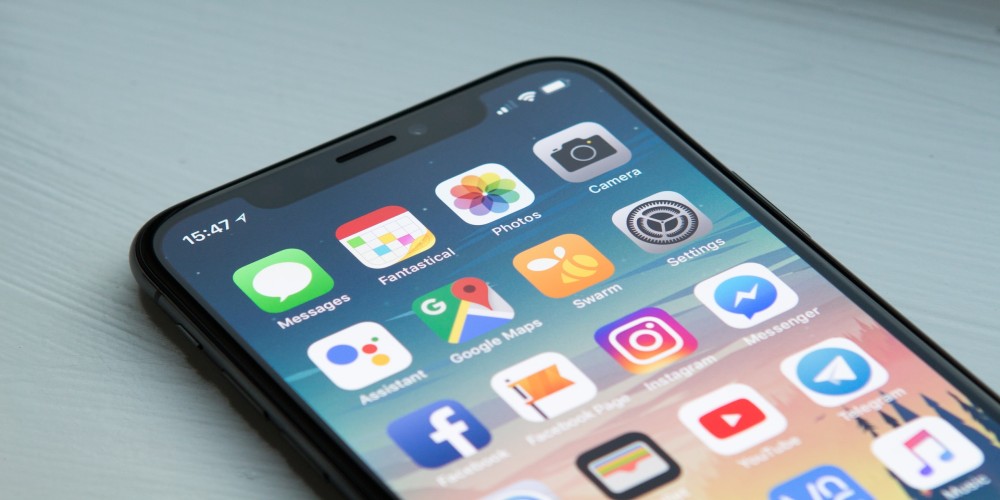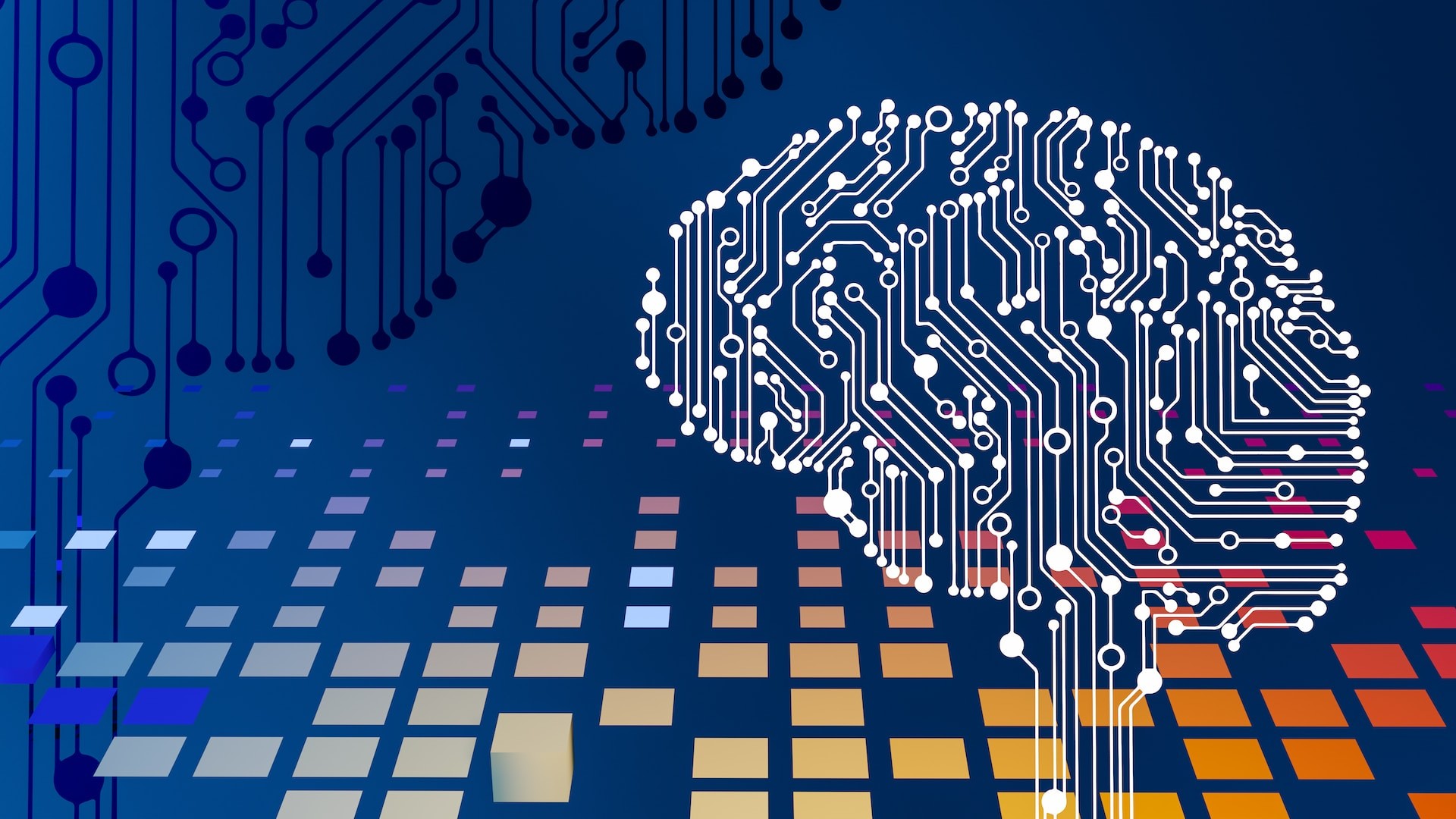Revolutionizing Smartphone Experience: The Rising Trends in Mobile App Development
Aug-20-2023

Mobile app development is an ever-evolving field that continues to reshape the digital world's landscape. As smartphone usage continues to soar globally, there is a corresponding rise in the demand for mobile apps. Today, mobile apps are no longer an optional investment; they are a necessity. From banking to shopping, learning to entertainment, and healthcare to tourism, mobile applications have permeated nearly every aspect of our lives.
The upsurge in the demand for mobile applications has triggered a wave of innovation in mobile app development. Developers across the world are continually exploring new technologies and adopting emerging trends to deliver more sophisticated, personalized, and user-friendly mobile apps. Here are some of the most promising emerging trends in mobile app development that are revolutionizing the smartphone experience.
Artificial Intelligence and Machine Learning: Empowering Mobile Apps with Cognitive Capabilities

Artificial Intelligence (AI) and Machine Learning (ML) are transforming the way mobile apps function. These technologies are empowering mobile apps with cognitive capabilities, enabling them to understand, learn, and predict user behavior. This results in delivering a more personalized and intuitive user experience.
From AI-powered chatbots to ML-driven recommendation engines, these technologies are being integrated into mobile apps across various sectors. For instance, healthcare apps are employing AI and ML to predict health risks and suggest preventive measures. Similarly, in the e-commerce sector, these technologies are used to predict user preference and offer personalized product recommendations. As AI and ML technologies continue to evolve, they are expected to bring about more profound changes in mobile app development.
Internet of Things (IoT): Connecting the Physical and Digital Worlds
The Internet of Things (IoT) is another powerful technology that is influencing mobile app development. IoT technology involves connecting various physical devices to the internet, enabling them to interact and share data. This technology is making its way into mobile apps, allowing users to control IoT devices using their smartphones.
For instance, smart home apps enable users to control their home appliances remotely. Fitness apps can connect to wearable devices and track user's health data in real-time. The application of IoT in mobile apps is not just limited to these sectors. It is expected to find its way into various other sectors like agriculture, manufacturing, and transportation, opening new opportunities for mobile app development.
Augmented Reality (AR) and Virtual Reality (VR): Enhancing User Experience with Immersive Technologies
.jpg)
Augmented Reality (AR) and Virtual Reality (VR) are two immersive technologies that are redefining the user experience on mobile apps. AR involves overlaying digital information onto the physical world, while VR involves creating a fully immersive virtual environment. These technologies are being widely integrated into mobile apps to provide users with a more engaging and interactive experience.
For example, AR is being used in e-commerce apps to provide users with a 'try-on' feature, which allows them to visualize how a product would look or fit before purchasing. Similarly, VR is being used in gaming and entertainment apps to provide users with a fully immersive experience. As these technologies continue to mature, they are expected to bring about more innovative changes in mobile app development.
Blockchain: Ensuring Security and Transparency
Blockchain is a revolutionary technology that is known for its applications in cryptocurrencies like Bitcoin. However, its potential goes far beyond that. Blockchain technology involves creating a decentralized and immutable ledger of transactions. This technology is being integrated into mobile apps to ensure security and transparency. For instance, financial apps are employing blockchain to prevent fraud and ensure secure transactions. Similarly, supply chain apps are using blockchain to ensure transparency in the product journey from production to delivery. As the need for security and transparency continues to rise, the integration of blockchain in mobile apps is expected to increase.
In conclusion, the mobile app development field is witnessing a wave of innovation driven by emerging technologies. These trends are not only reshaping mobile app development but are also revolutionizing the smartphone experience. As these technologies continue to evolve, they are expected to bring about more profound changes and open new opportunities in mobile app development.








